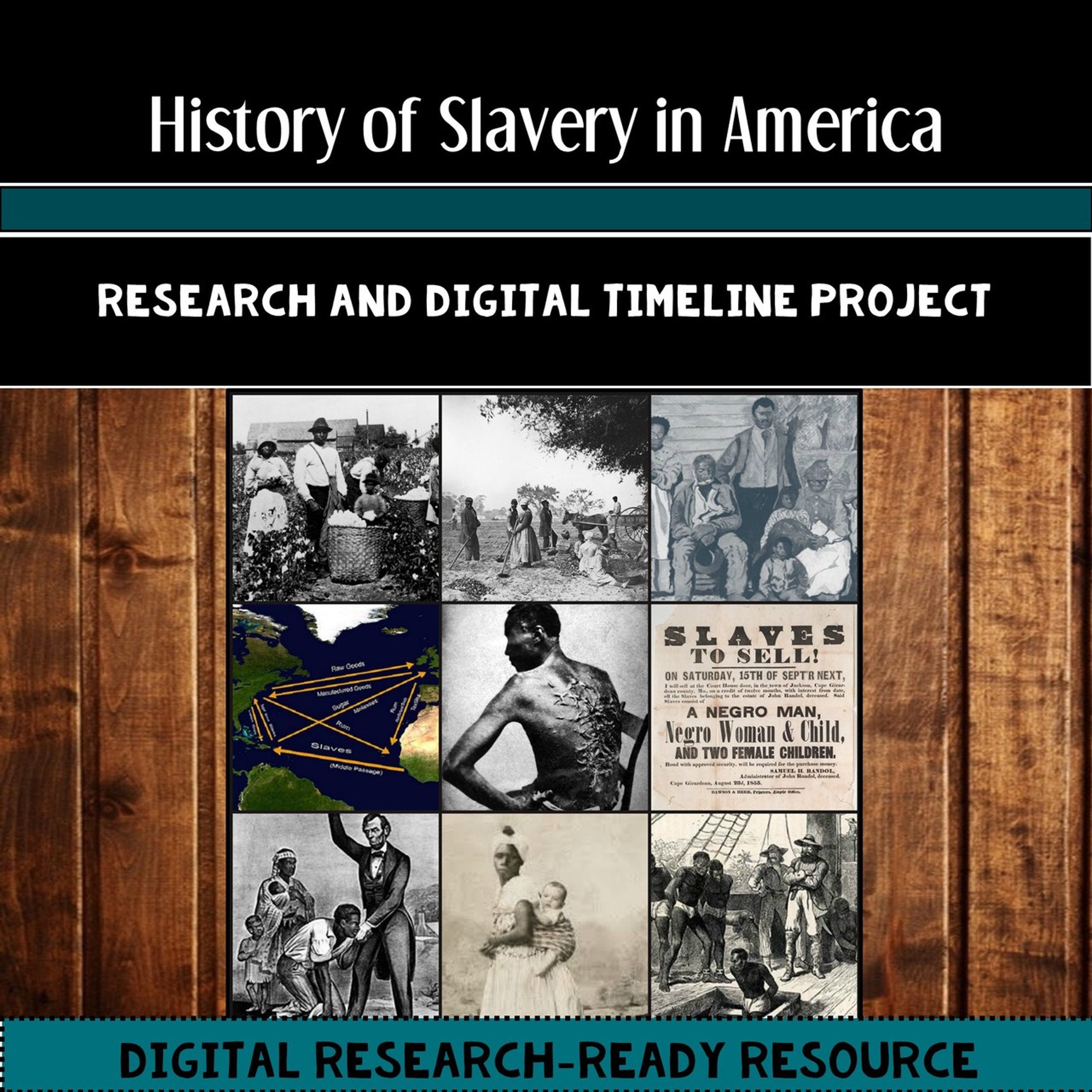Slave trade research has become an essential field in the historical narrative of the trans-Atlantic slave trade, revealing the profound impact it had on millions of lives. At the forefront of this academic pursuit is the innovative digital tool, SlaveVoyages, developed over four decades by a dedicated team of scholars, including historian David Eltis. Now hosted at Harvard University, SlaveVoyages compiles data on more than 30,000 voyages and over 221,000 individuals involved in this tragic chapter of human history. This resource not only enhances our understanding of the slave trade but also serves as a rich educational tool for African American studies and beyond. By bringing such scholarship to light, it fosters deeper discussions around the legacy of slavery and its ongoing implications in contemporary society.
The exploration of the slave trade spans a wide array of historical contexts, often referred to as the Atlantic slavery system or the forced migration of people across the ocean. This vital research domain encompasses various scholarly pursuits aimed at documenting the brutal mechanics of human trafficking and its socio-economic repercussions. Tools like SlaveVoyages serve as comprehensive databases that illuminate the harrowing journeys of enslaved Africans and their captors. As we delve into this critical area of study, the legacies of institutions such as Harvard University emphasize the importance of education in understanding the complexities surrounding historical injustices. Consequently, these dialogues contribute not only to the academic landscape but also to the public’s collective awareness of the lasting implications of slavery.
The Significance of SlaveVoyages in Historical Research
SlaveVoyages serves as an essential tool in the field of historical research, specifically under the broader umbrella of African American studies. It compiles an extensive collection of data covering the trans-Atlantic slave trade, including over 30,000 voyages and information on more than 200,000 individuals involved. This vast dataset is invaluable for scholars and educators who seek to understand the scope and impact of this dark chapter in history. By providing access to digitized records from archives around the world, SlaveVoyages enables researchers to investigate the specificities of the slave trade, analyze patterns, and reevaluate the historical narratives traditionally taught in classrooms.
The platform stands out for its commitment to making historical data accessible to everyone, thereby democratizing knowledge related to slavery. Its interactive visualizations, which include time-lapse animations and 3D reconstructions of slaving ships, help bring the historical experience to life, making it more relatable and understandable for students and the general public. Through the program’s partnership with institutions like Harvard University, the insights derived from SlaveVoyages are set to reach a wider audience, fostering a greater understanding of the trans-Atlantic slave trade and its lasting repercussions on society.
Harvard’s Role in Advancing Slave Trade Research
Harvard University has long been a leader in scholarly research related to the African American experience, and the incorporation of the SlaveVoyages database into its resources marks another significant step in this tradition. By providing a physical home to the database through its Hutchins Center for African & African American Research, Harvard is solidifying its commitment to advancing knowledge and education about slavery. The support provided by the Harvard & the Legacy of Slavery Initiative not only ensures the sustainability of SlaveVoyages but also aligns with university efforts to confront its historical connections to slavery.
With experts like Henry Louis Gates Jr. championing this project, Harvard aims to elevate the discourse surrounding the trans-Atlantic slave trade while supporting future generations of scholars and students. This collaboration highlights the importance of interdisciplinary research, combining history, sociology, and even genetics, as evidenced by the diverse topics discussed at recent academic conferences. The move of SlaveVoyages to Harvard thus represents a strategic effort to broaden the scope of research and discussions within the field, ensuring that the legacies of this complex history continue to be explored and understood.
Frequently Asked Questions
What is SlaveVoyages and how does it contribute to slave trade research?
SlaveVoyages is a comprehensive digital database that offers access to extensive historical data on over 30,000 slave voyages and more than 221,000 individuals involved in the trans-Atlantic slave trade. Created by researchers over four decades, it enables scholars and the public to explore detailed records and visualizations, making it a crucial resource for slave trade research.
How has Harvard University enhanced slave trade research with SlaveVoyages?
Harvard University is set to house the SlaveVoyages database, ensuring its availability for future research on the trans-Atlantic slave trade. This initiative aligns with Harvard’s commitment to education and historical reckoning, supporting the study of the impacts of slavery through accessible resources for scholars and students alike.
Who is David Eltis and what is his role in slave trade research?
David Eltis is a prominent historian and the originator of the SlaveVoyages project. His extensive work in African American studies has transformed our understanding of the trans-Atlantic slave trade, making vital contributions to both the historical scholarship and the resources available for slave trade research.
What kind of data does the SlaveVoyages database provide for researchers?
The SlaveVoyages database includes detailed records of slaving vessels, individual experiences of enslaved people, and various aspects of the trans-Atlantic slave trade’s operations, providing a rich foundation for academic inquiry and slave trade research.
How does SlaveVoyages improve accessibility to data on the trans-Atlantic slave trade?
By digitizing historical records and providing a user-friendly interface, SlaveVoyages makes crucial data on the trans-Atlantic slave trade easily accessible to researchers, educators, and the public, allowing for a deeper understanding of slavery’s impact on society.
What are some key topics covered in recent conferences about slave trade research?
Recent conferences have highlighted topics such as genetic impacts of the slave trade, shipboard uprisings, and the integration of AI into databases, showcasing the diverse scope of slave trade research and the ongoing efforts to uncover its complexities.
How does the Harvard & the Legacy of Slavery Initiative support SlaveVoyages?
The Harvard & the Legacy of Slavery Initiative provides funding and support to the SlaveVoyages project, enhancing educational resources about the trans-Atlantic slave trade and promoting awareness of Harvard University’s historical ties to slavery.
| Key Points | Details |
|---|---|
| Project Transition | The SlaveVoyages database is moving to Harvard University from Rice University. |
| Significance | It compiles data on over 30,000 slave voyages and 221,000 individuals involved in the trans-Atlantic slave trade. |
| Funding Sources | The project has received support from various institutions including the Hutchins Center, NEH, and the Mellon Foundation. |
| Educational Mission | The initiative aims to enhance knowledge-sharing and visibility of the slave trade history among scholars and students. |
| Recent Conference | A conference was held to discuss various topics related to the slave trade, featuring prominent scholars and their research. |
| Recognition | David Eltis received the W.E.B. Du Bois Medal for his contributions to understanding the slave trade. |
Summary
Slave trade research is crucial for understanding the historical context and impacts of one of the most significant transgressions in human history. The recent transition of the SlaveVoyages database to Harvard highlights the ongoing commitment to preserving and disseminating this vital information. As scholars continue to analyze data from over 30,000 voyages and 221,000 individuals, the project serves as an important educational tool that not only empowers researchers but also prompts deeper discussions about the consequences of slavery on society.




